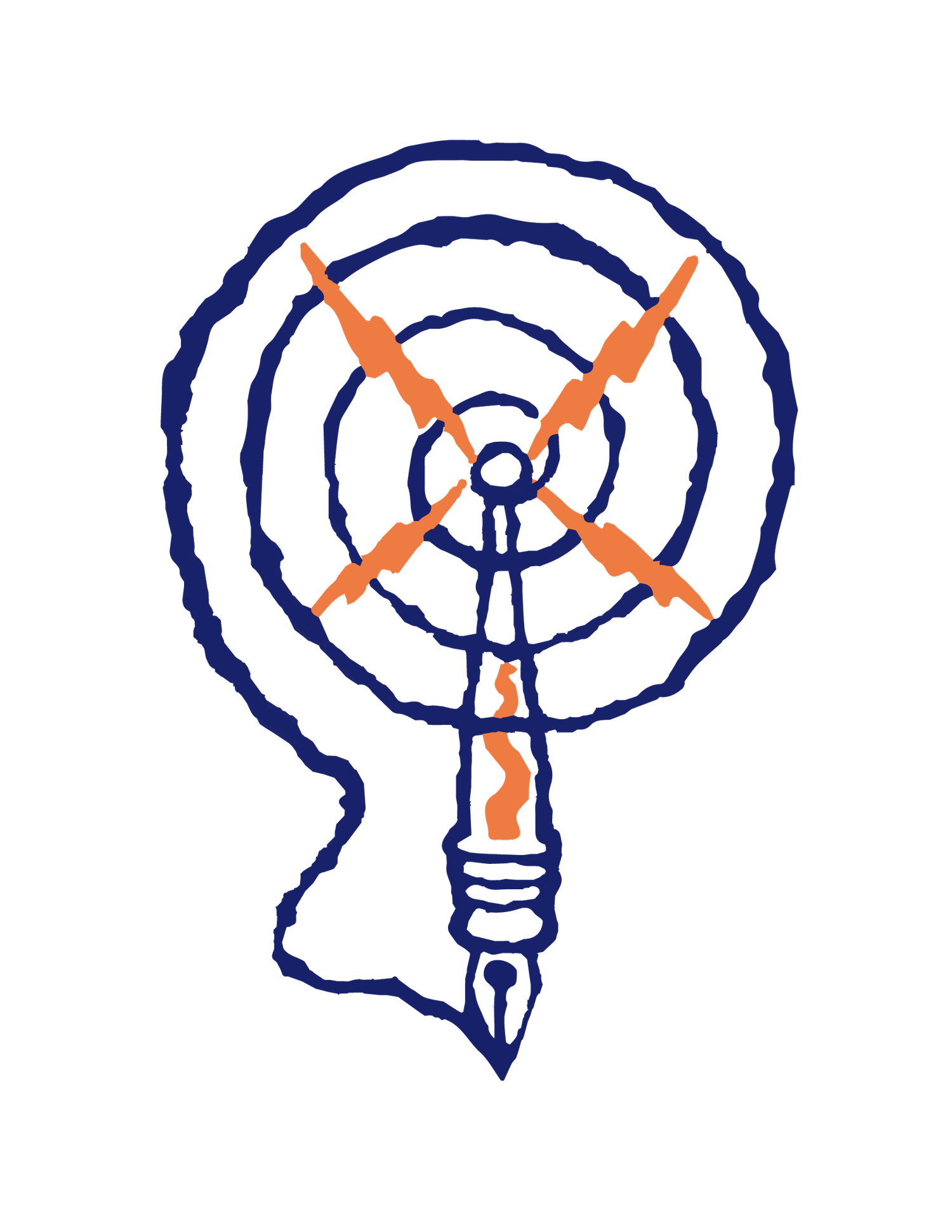Land Use: Environment, Indigenous Rights Advocacy
Indigenous Rights and Environmental Justice
In its storied 30-year history, Honor the Earth has faced many environmental justice issues that affect not only Indigenous people in norther Minnesota and elsewhere, but critical challenges to the planet during a time of increasing climate crisis. For seven of those 30 years, Media Savant has served as the public relations office charged with a myriad of duties, including, development of media and messaging strategies; news release developments and media relations; writing Op Eds, Letters to the Editor and other thought leadership pieces for publication online and in mainstream media; advertising placement; strategic counsel and other tasks.
This Native women-led, non-profit organization was founded by Winona LaDuke and the internationally renowned folk-rock duo, The Indigo Girls. Outspoken and high profile, LaDuke is no stranger to public life. Twice she was presidential candidate Ralph Nader’s pick for VP on the Green Party ticket in the ‘90s. The Harvard-educated economist and tribal member of the White Earth nation in Minnesota, LaDuke is also a hemp farmer, recipient of numerous international awards, entrepreneur, grandmother and author of seven books, including the latest, How to Be a Water Protector.
Doing a lot with a little is the m.o. of many nonprofits organizations. But at Honor that mantra takes on many functions. A seven-year struggle to prevent a new tar sands oil pipeline, Line 3, from being built through Native Treaty Territory and some of Minnesota’s most pristine ecosystems – a pipeline that a London economist and the state’s own Department of Commerce said was not needed – resulted in multiple media tools to be deployed. And in ongoing international and national regional and local and energy trade press coverage from multiple media organizations. But after years-long court battles, non-violent civil disobedience and the fact that the majority of Minnesotans were opposed to the line -- carrying the most expensive and polluting oil in the world – Line 3 was built and went into operation.
But the media work didn’t always take place around such charged issues. Honor’s annual “Water Is Life Festival,” award-winning film and music video documentaries, generous grants made to tribal communities around the country, and more, all provided ample opportunity to tell the many Honor the Earth stories. And these are stories that will live on in Native and non-Native circles, most in defense of the planet in places, as LaDuke likes to say, “where the wild things live who have no voice.”
Line 3 protest.
Winona and the Indigo Girls


